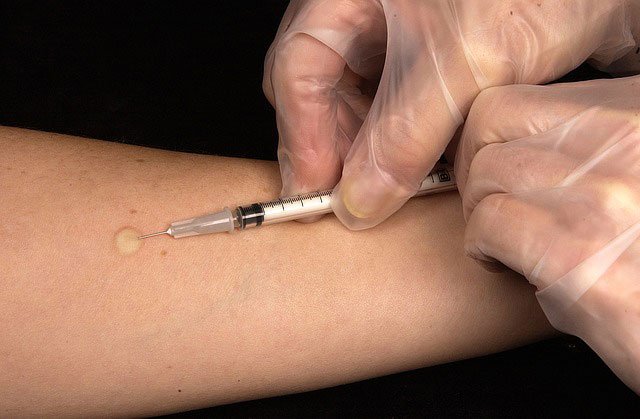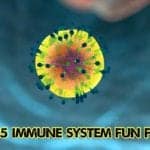
Right as the name suggests, Immunology is a branch of biomedical science that encompasses the study of immune system in all living organisms. Immune system is a storehouse of molecules and cells that are evenly distributed in all tissues of a body. Well, that’s not it. These cells also occupy a place in the lymphoid organs in order to prevent the outbreak of microbial infections if any.
History of Immunology
Discover The Differences Between Antigen And Antibody
Top 25 Immune System Fun Facts
The study of immunology focuses on the physiological attributes of the immune system in an organism when healthy and even when afflicted with some kind of disease. Events of malfunctions and disorders in the immune system are also recorded. Hypersensitivity, transplant rejection, auto-immune diseases and deficiency of immunity are common examples of such malfunctions.
We have already mentioned that lymphoid organs are a prime part of the body’s immune system. Well, to be more specific, it is not just the lymphoid organs like bone marrow and thymus that are important. Secondary lymphatic tissues like skin nodes, lymph vessels, spleen, adenoids, tonsil and liver are equally crucial for the analysis of immune system.
During conditions of ill health, any of the above mentioned lymphatic tissue or organs can be examined for better diagnosis.
Like most branches of biological studies, the subject of Immunology is multidisciplinary as well. It is further subdivided into various segments for a better understanding of the concept of Immunology on a whole. These sub-branches include:
- Classical Immunology
- Clinical Immunology
- Developmental Immunology
- Therapies of Immunology
- Reproductive Immunology
- Cancer Immunology
- Diagnostic Immunology
On taking up a course on Immunology, you will first be introduced to the basics of body system and common bonds between pathogens and immunity. Other than the general descriptions of principles of Immunology, candidates are made acquainted with terms like epidemiology, innate immune system, acquired immune system and adaptive immune system. Things like antibody response and clinical immunology are effectively deliberated for a better understanding of the student. Just for information, the interaction between the antibodies in an organism and the antigens is known to us as antibody response.
Are you wondering how the study of Immunology is useful in real life? Well, we are quite versed about the fact that diseases are an aftermath of infections, which are either bacterial or microbial. Very often, they are also termed as ‘Contagious Diseases’. Now to come up with an effective treatment, it is imperative to learn about the body’s natural resistance ability. This is where the role of Immunology comes best into play.
This site describes the research in therapeutic immunology.
Antibody Station – All about Antibodies
Learn about monoclonal antibodies and polyclonal antibodies. Information on antibody protocols, custom antibody suppliers, antibody microarrays, and a directory of antibody products by science field.
Department of Immunology at Baylor College of Medicine.
Immunology Consultants Laboratory
Producer of wholesale immunologicals for over 25 years.
Nicely organized background on immunology and description of the immune system.
Immunology site for graduate, medical students, post-doctoral, clinical fellows, faculty, research scientists in biotechnology. Find Job, on-line journal, antibody, knockout Transgenic mouse.
Inflammation : The Leukocyte Adhesion Cascade
Excellent review with great diagrams – from the Univ. of Virginia.
Lymphocyte Recirculation and Homing in Immunity
Description of how leukocytes recirculate and emigrate into lymphatic tissue for effective immune responses. Many nice images of the cells and tissues of the immune system.














